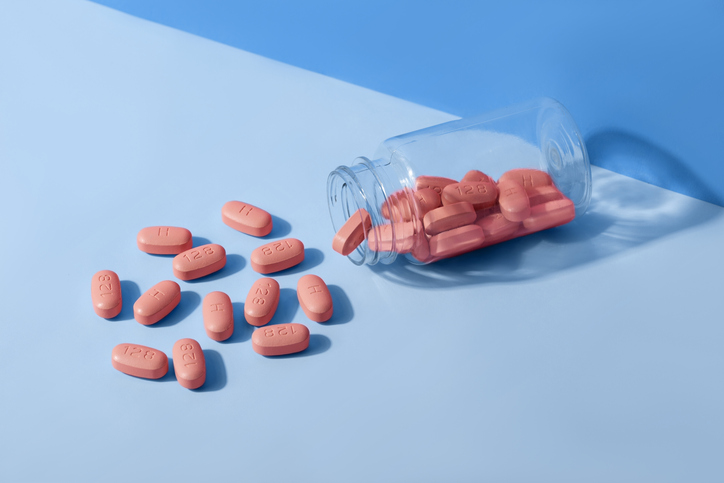
PEP (Post-exposure prophylaxis) is a strong combination of HIV medicines that can help stop you from getting HIV after potentially being exposed to it. It is an emergency medication that can be accessed from A&E or by phoning your local sexual health clinic.
Post-exposure Prophylaxis (PEP) is a 28-day course of medication, and you need to start taking it within 72 hours of unprotected sex. It will be more effective the quicker you take it, with some guidelines recommending that you start within 24 or 48 hours.
You can get PEP from a sexual health clinic when they are open, and from A&E at any time. You cannot get PEP from your GP.
When you arrive, you should explain to the member of staff on front desk that you think you have been exposed to HIV and would like to take PEP. We have a downloadable card at the bottom of this page which you can use if you do not want to say this.
Click here to find your nearest A&E
Click here to find your nearest GUM
What will happen once I ask for PEP?
Once you have asked for PEP at the sexual health clinic or A&E you will be asked to wait until you can be seen by a doctor or nurse. The doctor or nurse will then take you through to a private room to speak to you. Because PEP is expensive, they will ask questions about the potential exposure incident to figure out if there is a high risk of HIV transmission. They will likely ask about:
- The person you had sex with and if they have HIV. If they are HIV positive they may also ask about the person’s viral load, because if they are undetectable there is no risk of transmission. They may also ask if they are from a high-risk group for HIV (Black African and/or gay, bi, or other MSM)
- What kinds of sex you had, and whether you were the receptive partner (the bottom) or the insertive partner (the top).
- If there were any methods of protection, such as a condom or PrEP, and if these were used incorrectly meaning that they were ineffective.
You may be more likely to be given PEP if:
- there is another STI present (the person presenting knows they have one or they have symptoms).
- If the risk incident was sexual assault
- If you were the insertive partner and were uncircumcised.
What will happen if you’re given PEP?
If the doctor or nurse thinks it is necessary for you to take PEP they will explain how to take it and what you need to do. You will also be offered a rapid HIV test to make sure you are HIV-negative before starting to take PEP.
For PEP to have the best chance of working it must be taken exactly as instructed by a doctor and for 28 days. Skipping doses, or not taking it for the full month, makes it likely that PEP will not work – if you miss more than 48 hours of PEP it will be discontinued.
You will also need to go back to have an HIV test 4-6 weeks after finishing PEP to see if it has worked.







